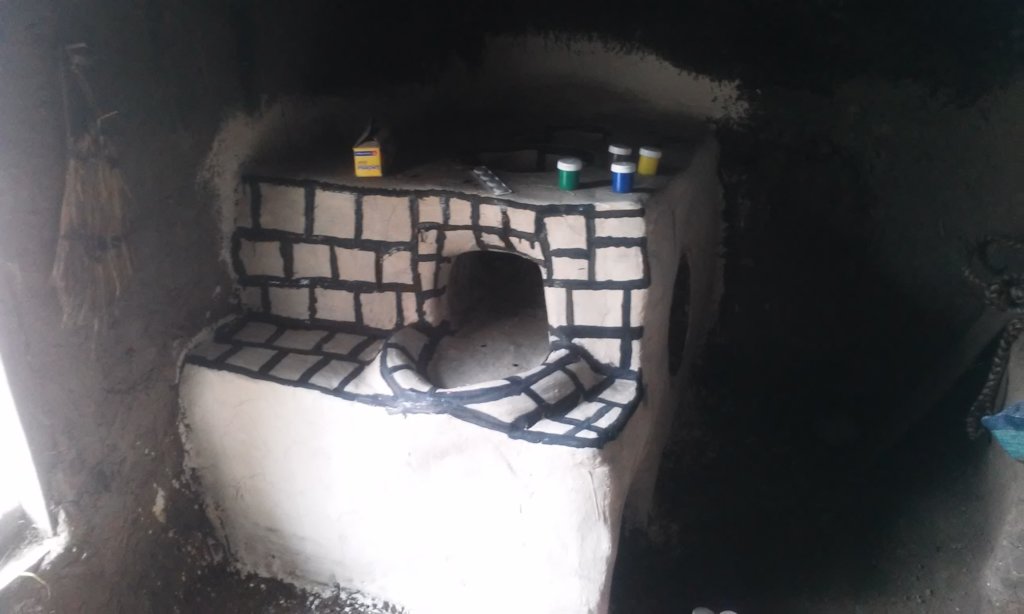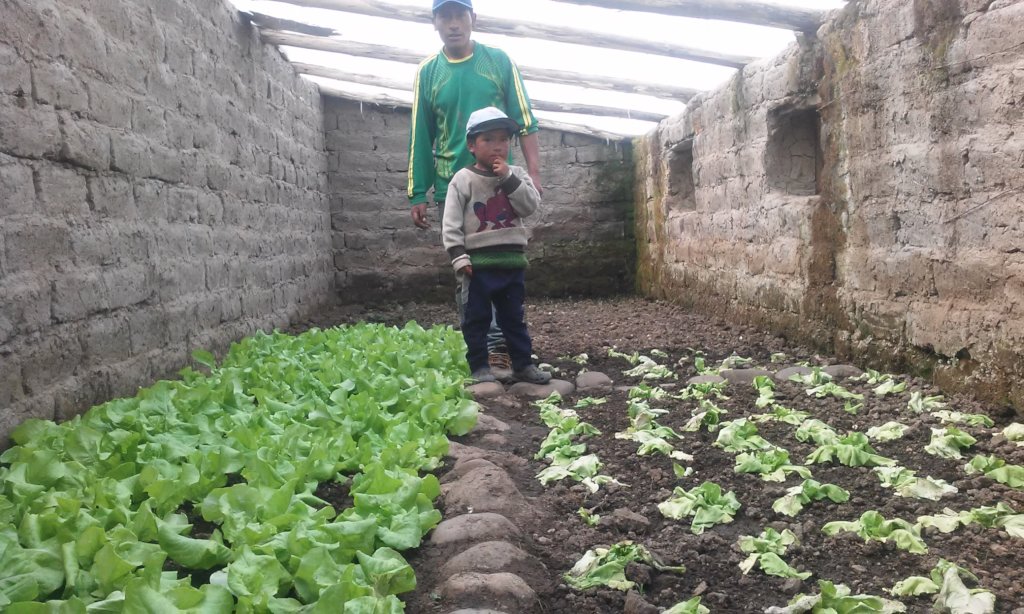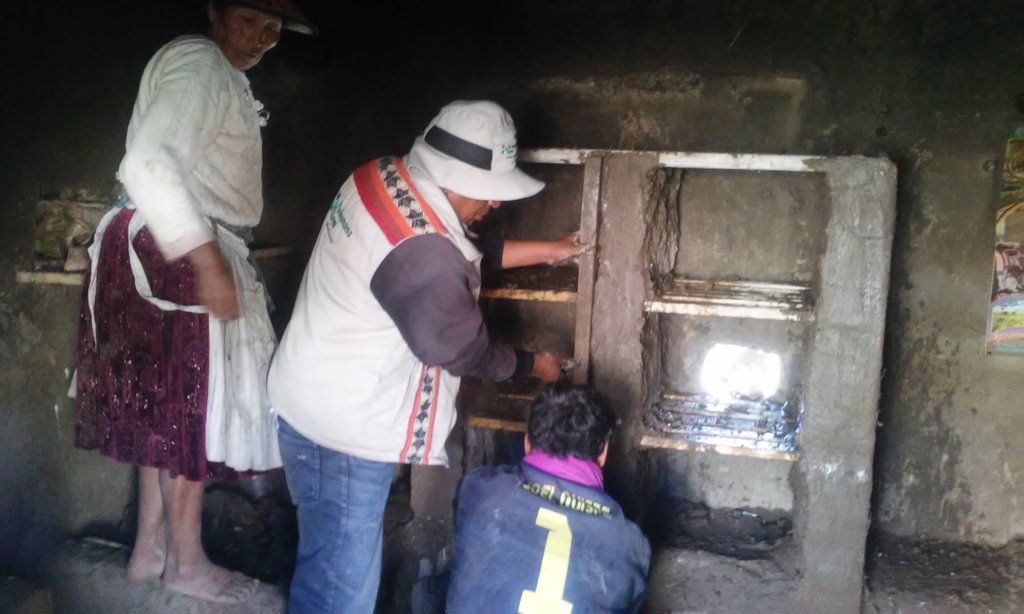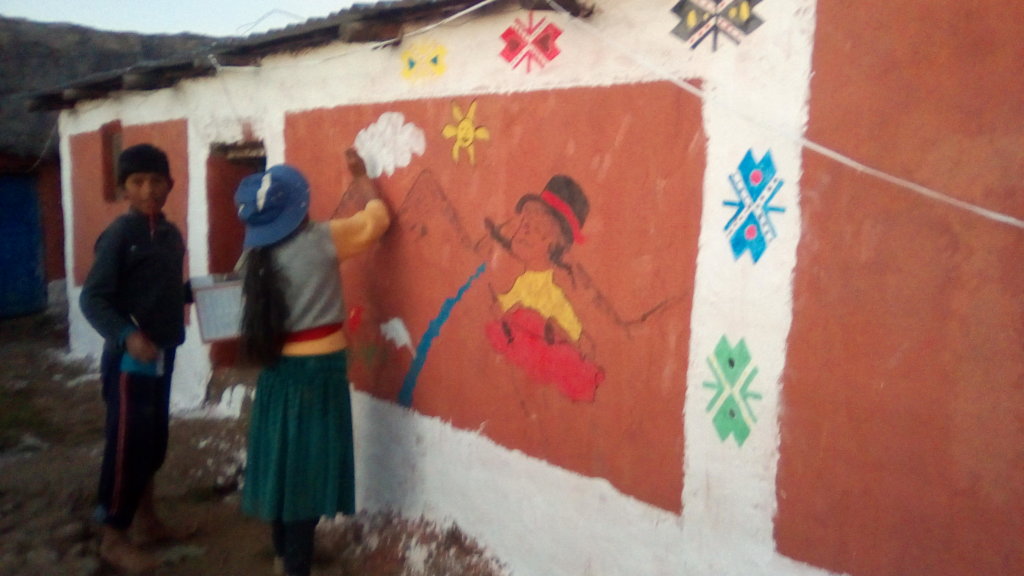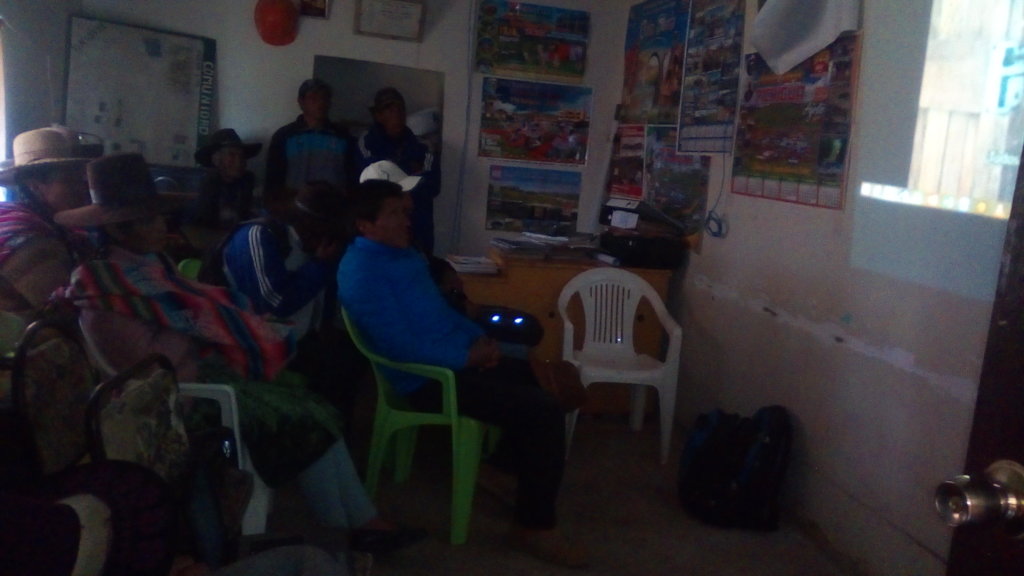By Luli Jones | Project Leader
We started the Pachamama Raymi project in the District of Pichigua in December 2017. We have been working since January 2018 together with the contribution of the Municipality of Pichigua and our expert farmers, who show us the results obtained in these months of work.
Peer learning training has been conducted on the management and care of forest tree plantations in the field, in the management of Hypochlorite, among others, using audiovisual tools.
The development of healthy homes for peasant families began, elaborating improved kitchens, painting the houses, establishing separate rooms from the home environments, eliminating their waste in landfills, etc.
As for sustainable businesses, 3 action units have been determined according to their own resources: Guinea pig business, cattle business and Llamas business.The forest advances are very positive, there are a total of 207,200 forest trees produced between family and communal nursery gardens, being the Pine the species with the highest demand.
During this time we have managed to register 70% of families living in the Pichigua District to the Pachamama Raymi project. During the following months we will be observing major implementations in the three dimensions of sustainable development that are the pillars of our NGO's work.
Project reports on GlobalGiving are posted directly to globalgiving.org by Project Leaders as they are completed, generally every 3-4 months. To protect the integrity of these documents, GlobalGiving does not alter them; therefore you may find some language or formatting issues.
If you donate to this project or have donated to this project, you can receive an email when this project posts a report. You can also subscribe for reports without donating.
Support this important cause by creating a personalized fundraising page.
Start a Fundraiser